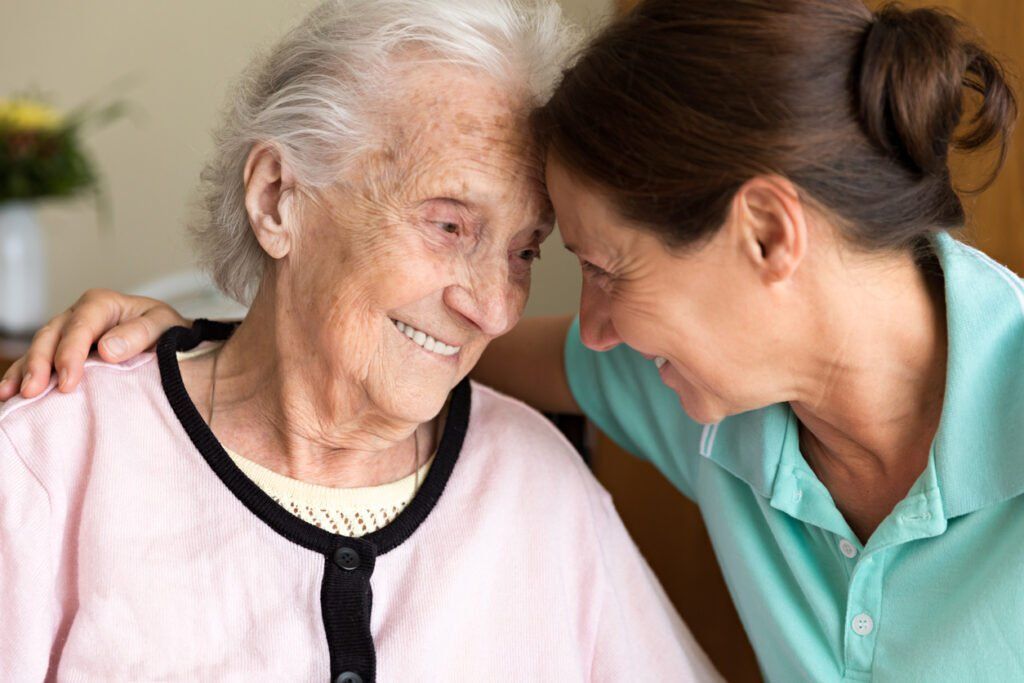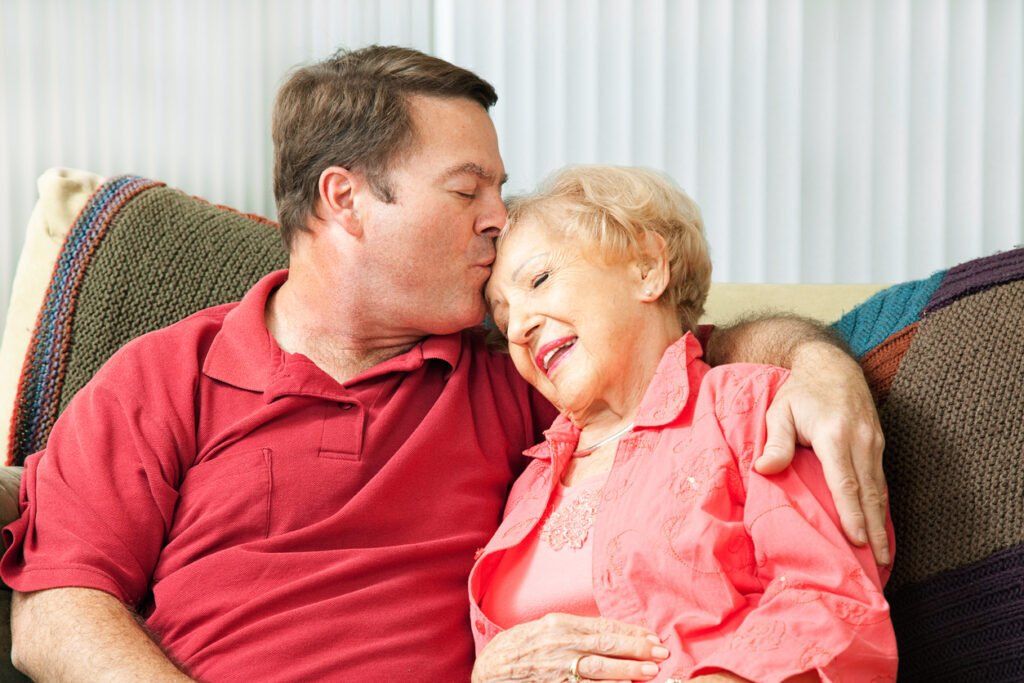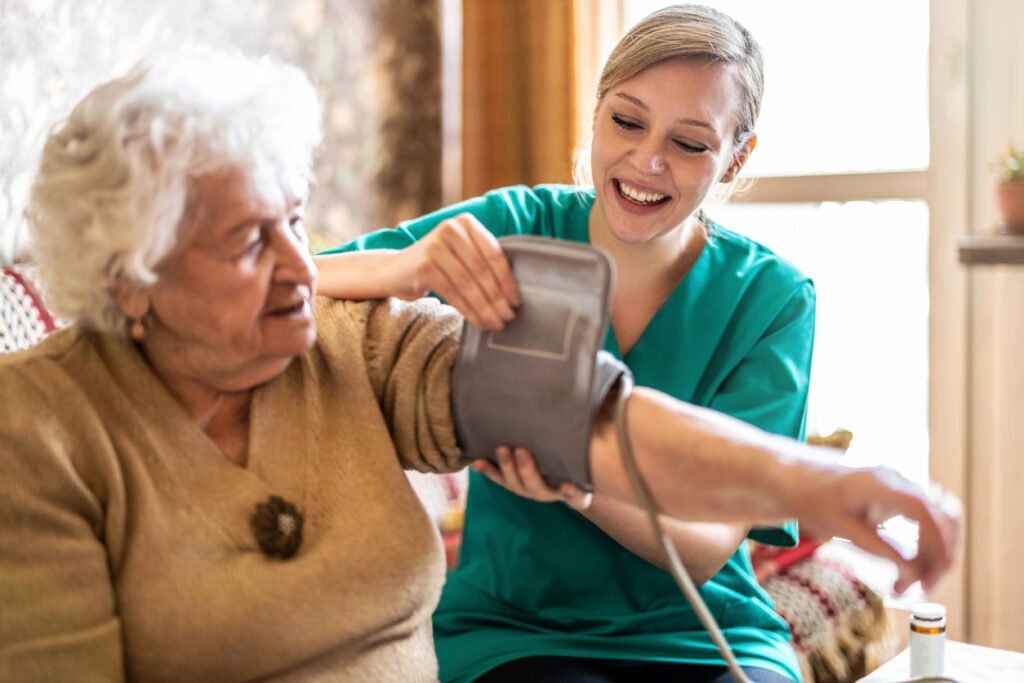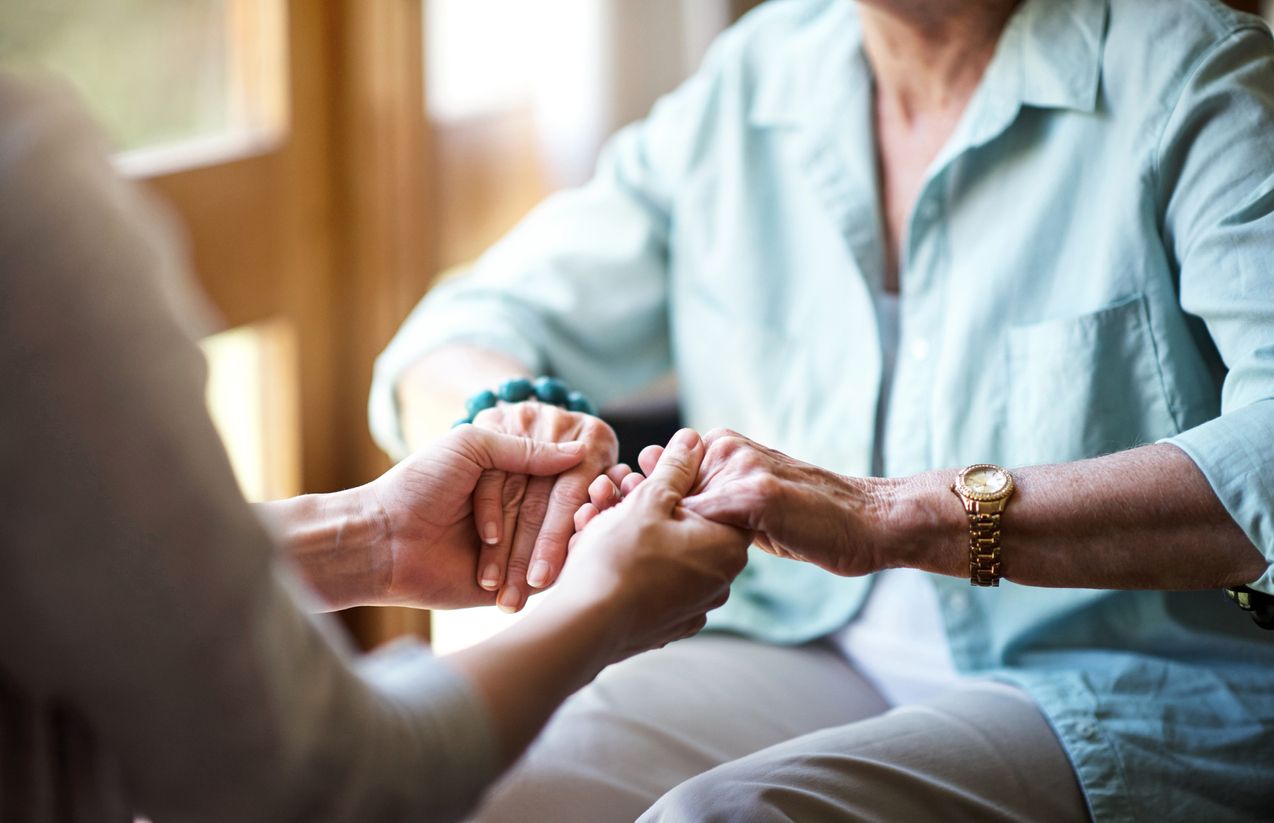Managing Bladder Control Problems
Bladder control problems (also known as urinary incontinence) are common in older adults. Many people view them as a normal sign of aging and figure they just have to live with them. But that may not necessarily be the case.
There are three common types of urinary incontinence:
- Urge incontinence: When you have frequent urges to run to the bathroom, but don’t always get there in time
- Stress incontinence: Leakage of urine when you laugh or sneeze
- Overflow incontinence: Frequent (or constant) leakage of urine
There are ways to manage (or even eliminate) all of these bladder control problems. So if you find your incontinence has confined you to your Kansas City home, or has otherwise interfered with your normal activities, it’s time to go see your doctor.
Start with your Kansas City primary care physician. But keep in mind he or she may refer you to a bladder control specialist (urologist).
Your doctor will conduct urine tests and blood tests to try to determine what’s causing your incontinence. You may find it’s something simple like a bladder infection or constipation. If not, your doctor may suggest:
Bladder exercises: More specifically, Kegel exercises, during which you flex and release your pelvic floor muscles (the muscles that would normally stop your urine flow). If you’re a male, squeeze the muscles that would keep you from passing gas. Tighten the muscles, then release. Do these exercises several times throughout the day.
Scheduled bathroom breaks. Schedule bathroom breaks throughout the day (for example, every hour). If that seems to be going well, you can slowly lengthen the time between breaks.
Double voiding. Urinate, then wait a few minutes and go again (or at least try).
Lifestyle changes. Your doctor may ask you to avoid alcohol, cut back on caffeine, quit smoking, lose weight, eat more fiber, and/or limit fluids before bedtime.
If none of these behavioral changes help to control your bladder problems, there are also medical interventions, such as medications, implantable devices, vaginal creams, nerve stimulation, and surgery.
Bladder Control in Someone With Alzheimer’s
If you’re caring for someone who has Alzheimer’s or other form of dementia, he or she will eventually develop functional incontinence (bladder control problems caused by the dementia). Here are some things you can try that might help:
Don’t provide alcohol or caffeinated drinks. Examples include caffeinated coffee, tea, and sodas. But do provide plenty of water.
Offer scheduled bathroom breaks . For example, once every hour or two.
Provide appropriate underwear. Something that’s easy to pull down and back up.
Keep pathways clear. To the bathroom, and also to the toilet. Leave the bathroom light on, so it’s easy to find.
Get help. When your loved one’s incontinence becomes too much for you to handle, get help from a Kansas City home care agency that specializes in Alzheimer’s and dementia care. Agency caregivers can keep your loved one clean and dry.
Contact Us
[contact-form-7 id=”1664″ title=”Contact Form”]
The post Managing Bladder Control Problems appeared first on Kansas City Home Care.
REQUEST FREE
IN HOME ASSESSMENT
REQUEST FREE IN HOME ASSESSMENT









